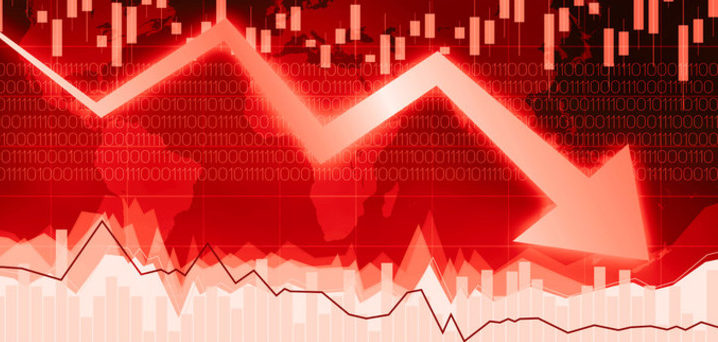South Africa entered recession for the first time since 2009 in the second quarter.
The economy contracted by 0.7% in the 2nd quarter, led by declines in the sectors include agricultural, transportation and retailing.

Statistical data showed that the South Africa entered recession for the first time since 2009 in the second quarter.
The country’s economy contracted by 0.7% in the 2nd quarter, led by declines in the sectors include agricultural, transportation and retailing.
The country’s currency rand overextended losses against the dollar to more than 2% and government bonds faced dramatic fall after the data was out.
Statistician-General Risenga Maluleke confirmed recession by saying “we are in a recession. We reported a contraction in the first quarter and now in the second quarter with a fall of 0.7 percent.”
According to Jason Tuvey, senior Emerging Markets economist at Capital Economics, the recovery can be expected over the rest of this year however a sharp rebound remained unlikely.
In economics, a recession is a business cycle contraction which results in a general slowdown in economic activity.
macroeconomic indicators such as GDP (Gross Domestic Product), investment spending, capacity utilization, household income, business profits, and inflation fall, while bankruptcies and the unemployment rate rise.
Recessions generally occur when there is a widespread drop in spending. This may be triggered by various events, such as a financial crisis, an external trade shock, an adverse supply shock or the bursting of an economic bubble.
Governments usually respond to recessions by adopting expansionary Macroeconomic policies, such as increasing money supply, increasing government spending and decreasing taxation.


































































































